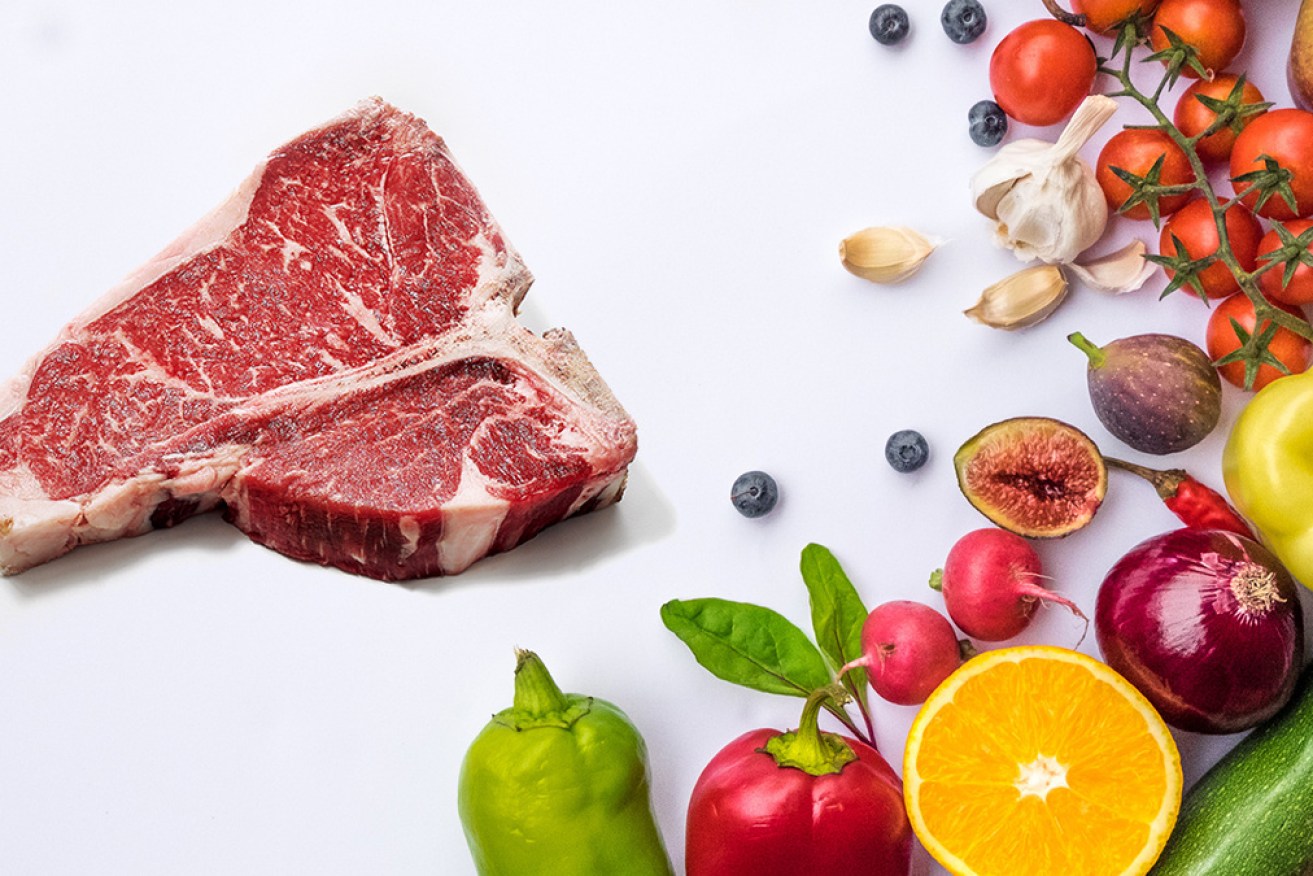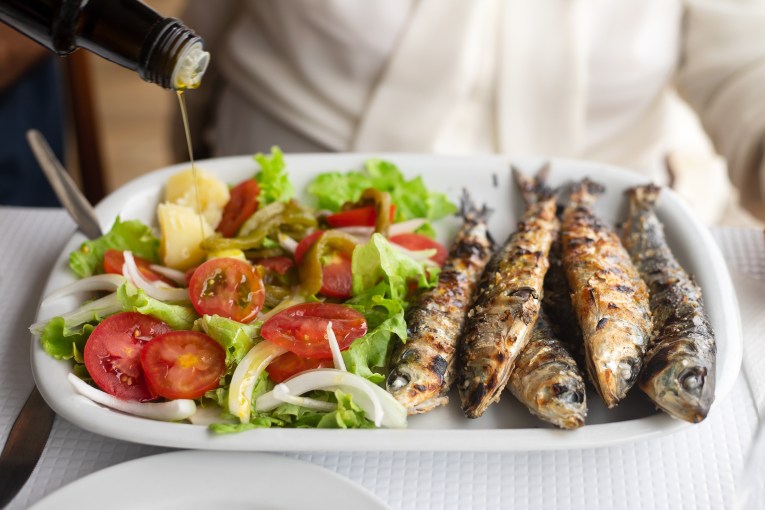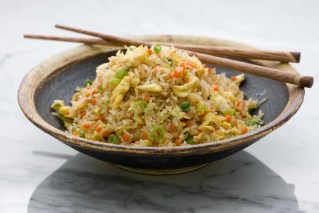Surprising finding in meat versus vegetarian diets


To eat meat, or not to eat meat? If it's for health reasons, there's a new study with surprising findings. Photo: TND
Meat eaters have a 20 per cent lower risk of suffering a stroke than vegetarians and vegans, in a surprise and perplexing finding from a large-scale University of Oxford study.
Chew on that little victory for a moment, steak enthusiasts – for such good news tends to be as rare as your porterhouse.
The EPIC-Oxford study, however, more predictably found that – after accounting for demographic and lifestyle factors – fish eaters had 13 per cent lower rates of ischemic heart disease than meat eaters, while vegetarians and vegans had a 22 per cent lower rate.
“This difference was equivalent to 10 fewer cases of ischemic heart disease … in vegetarians than in meat eaters per 1000 population over 10 years,” the researchers wrote.
The researchers suggested the vegetarians’ protection from heart disease was “at least partly due to lower body mass index and lower rates of high blood pressure, high blood cholesterol, diabetes associated with these diets”.

Another new study has weighed in on the pros and cons of a vegetarian diet. Photo: Getty
Less easily explained: Vegetarians had 20 per cent higher rates of total stroke than meat eaters, “equivalent to three more cases of total stroke… per 1000 population over 10 years, mostly due to a higher rate of hemorrhagic stroke”.
(A hemorrhagic stroke is a bleed in the brain, while ischemic stroke arises from having very little blood supply to the brain, starving it of oxygen and nutrients.)
How did the researchers come to these conclusions?
The EPIC-Oxford study is a cohort in the United Kingdom with a large proportion of non-meat eaters, recruited across the country between 1993 and 2001. (A cohort is a group of people who share a characteristic – in this instance, everybody ate some kind of food.)
The study began with 48,188 participants with no history of ischemic heart disease, stroke, or angina (or cardiovascular disease) that were classified into three distinct diet groups:
- 24,428 (or almost half of the study group) were meat eaters, participants who consumed meat, regardless of whether they consumed fish, dairy, or eggs
- 7506 were fish eaters, meaning they consumed fish but no meat
- 16,254 vegetarians including vegans, based on dietary information collected at baseline.
Overall, non-meat eaters were “younger and had a lower area level socioeconomic status than meat eaters, but were more highly educated, less likely to smoke, reported slightly lower alcohol consumption, were more physically active, and were more likely to report dietary supplement use”.
In women, non-meat eaters were more likely to report oral contraceptive use but less likely to report use of hormone replacement therapy.
Participants were followed up via record linkage to records from the UK’s health service 18 years later: 2820 cases of ischemic heart disease and 1072 cases of total stroke were recorded.
Where the link between heart disease and eating meat supported previous studies, the link between vegetarianism and stroke wasn’t completely unheralded.
- Read more: High iron levels aren’t always good news
As the Oxford scientists reported: “Results of several studies in Japan, showing that individuals with a very low intake of animal products had an increased incidence and mortality from hemorrhagic and total stroke, and also a possibly higher risk of ischemic stroke mortality, suggest that some factors associated with animal food consumption might be protective for stroke.”
Among the vegetarians in the study, lower circulating levels of vitamin B12, 47 vitamin D, essential amino acids, and long chain n-3 polyunsaturated fatty acids were found, and “differences in some of these nutritional factors could contribute to the observed association”.
Researchers also found low blood levels of total cholesterol among vegetarians and vegans – and pointed to a recent study that included “observational and genetic evidence from China alongside the trial evidence from western countries has suggested this inverse association between LDL-C (bad, artery clogging) cholesterol and haemorrhagic stroke might be causal”.
That’s a big issue to tease apart.
All of this is a big maybe. Other factors – such as vegetarians being less likely to be using blood pressure medicines – could also be at play. And as it generally goes … more investigation is needed.








